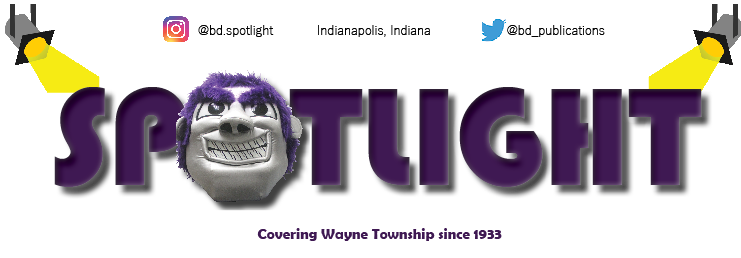Keys to improving your emotional intelligence
September 13, 2016
Q: I get praise at work for my technical skills but have been told I won’t advance without building my “emotional intelligence.” What is that about, and what can I do?
_Pat, 33, operations project manager
A: Emotional intelligence is, indeed, very important, and has been linked to success in business. However, it’s not a single characteristic, so determining where to focus will be your first step.
Let’s start with explaining more about what emotional intelligence is. In a nutshell, EI refers to attunement to our own emotions as well as those of others, and the ability to adapt behavior accordingly. It also includes stress management skills. You can learn more by checking out Daniel Goleman’s work (books or online). You will get useful info on the concepts and also see examples of why it’s important.
Since EI is so wide-ranging, you won’t be able to move forward without additional information. The most direct source will be to ask for specifics: “When you say I need to build my EI, what specific aspects do you mean?” Ask for examples of behaviors that are tied to possible EI shortfalls. Be sure to avoid defensiveness; stick to questions that help you understand rather than undermining the conversation by trying to explain away your behavior. And here’s a hint _ the very act of asking for this demonstrates a commitment to growth in building self-awareness.
There are also assessments available that can provide helpful insights on your level of EI. Your HR department might be able to help with that, and many coaches offer this service. The value here is in helping you get specific on ways you want to develop. It’s also a neutral way to get data about your strengths and areas for improvement.
As you are thinking this through, keep in mind that a characteristic can be either underdeveloped or overused. For example, being insufficiently or overly assertive each brings its own problems. Look for the sweet spot.
Once you identify your targets, pick one aspect for focus and start making a plan. For any area, follow a process of self-reflection, understanding your impact on others, developing alternatives and assessing the impact of change.
For example, you might have determined that you would like to build your level of empathy. Consider your current behavior and how it affects others. Then think of empathy exemplars from movies, books or real life. Use these to reframe past experiences you have had, mentally practicing how you would behave more empathetically. Try it out in upcoming interactions, then reflect on the outcomes.
Don’t overdo _ you won’t be able to focus on too many areas at once. Look for other resources that can help you; for example, “The EQ Edge,” a book by Steven Stein and Howard Book, provides structure for development.
Then celebrate your successes. You are taking on some deep changes that will serve you well both professionally and personally.










